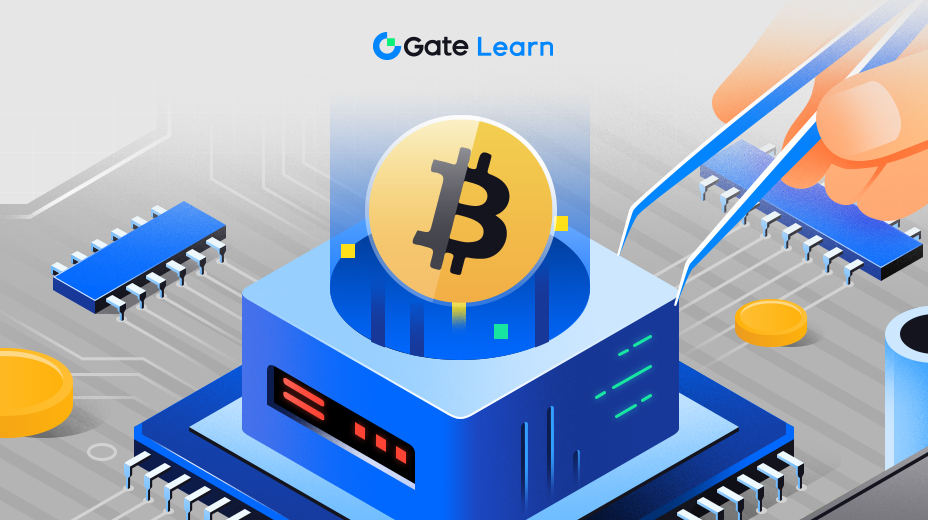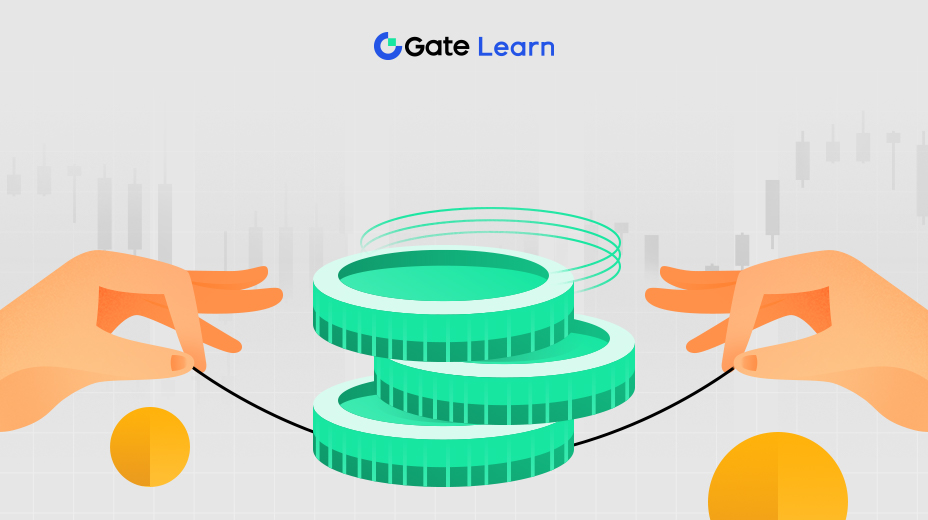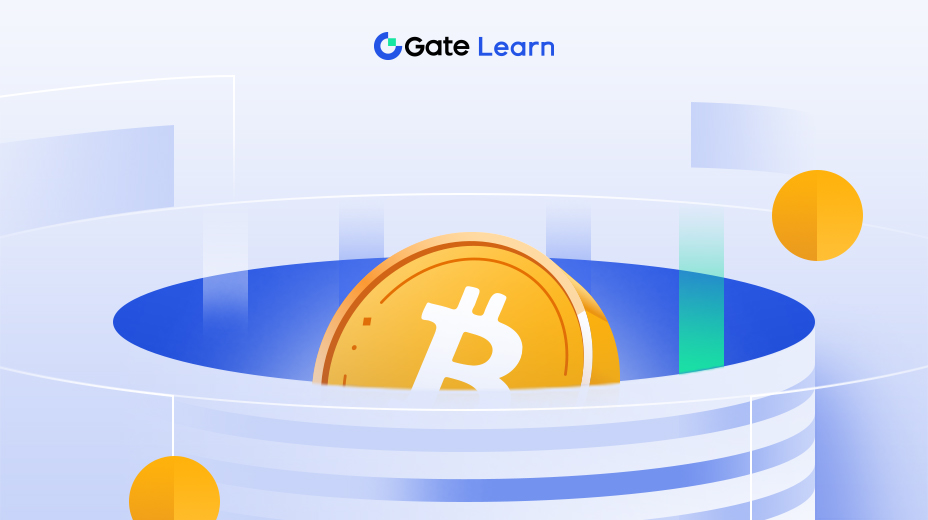Introdução à Ontologia
Esta secção fornece uma compreensão fundamental da Ontologia, incluindo a sua missão, visão e história. Destaca o papel da Ontologia como uma blockchain de alto desempenho que se concentra em soluções de identidade e dados descentralizados. A secção apresenta a equipa fundadora, as suas parcerias estratégicas (por exemplo, com a Neo) e os marcos da plataforma, como o lançamento da sua mainnet e abordagem única de distribuição de tokens.
Visão geral da Ontologia

A Ontology é uma blockchain de código aberto de alto desempenho, projetada para preencher a lacuna entre sistemas descentralizados e as necessidades do ecossistema moderno da Web3. Lançada em 2017 pela Ontology Foundation, ela tem como objetivo fornecer uma infraestrutura segura e baseada em confiança tanto para empresas quanto para indivíduos, com foco particular em soluções de identidade descentralizada e gestão de dados. Ao contrário de muitas outras blockchains, o objetivo principal da Ontology não é apenas servir como plataforma para aplicativos descentralizados (dApps), mas também redefinir como os dados pessoais e corporativos são tratados em um mundo digital cada vez mais.
A plataforma Ontology criou um nicho único ao enfatizar a privacidade e segurança do usuário. Oferece um framework de identidade descentralizada, conhecido como ONT ID, que permite aos usuários criar, controlar e gerenciar suas identidades digitais sem depender de autoridades centralizadas. Isso é combinado com um framework de troca de dados distribuído (DDXF) que facilita a partilha segura e eficiente de dados pela rede. A visão da Ontology está alinhada com os objetivos mais amplos da Web3: possibilitar maior controle, transparência e capacitação para os usuários, mantendo a interoperabilidade com sistemas e redes existentes.
Uma das características definidoras da Ontologia é a sua escalabilidade e desempenho. Ele emprega o mecanismo de consenso VBFT, um modelo híbrido que combina Tolerância a Falhas Bizantinas (BFT), Prova de Participação (PoS) e Função Aleatória Verificável (VRF). Isso permite que a rede alcance alta taxa de transações e baixa latência, tornando-a adequada para casos de uso empresarial onde eficiência e confiabilidade são críticas. Além disso, a Ontologia possui suporte integrado para várias máquinas virtuais, incluindo a Máquina Virtual Ethereum (EVM), o que melhora a interoperabilidade e permite que desenvolvedores de vários ecossistemas implantem seus contratos inteligentes na plataforma de forma contínua.
A abordagem da Ontology para fomentar a confiança não se limita à inovação tecnológica; estende-se ao modelo de governança impulsionado pela comunidade da rede. O sistema de duplo token, composto por ONT e ONG, garante que as partes interessadas sejam incentivadas a participar ativamente no ecossistema. A ONT funciona como o token de governança, enquanto a ONG é utilizada para cobrir as taxas de transação e alimentar as operações on-chain. Este sistema alinha os incentivos econômicos com a saúde a longo prazo da rede, garantindo que os participantes sejam tanto contribuidores como beneficiários do seu sucesso.
Para além dos seus enquadramentos técnicos e económicos, a Ontologia coloca uma ênfase significativa na usabilidade. O seu produto principal, Carteira ONTO, fornece uma interface contínua para gerir identidades digitais, ativos e dApps em várias blockchains. Este foco na experiência do utilizador garante que tanto os recém-chegados à blockchain como os desenvolvedores experientes considerem a Ontologia acessível e prática para as suas necessidades. Como resultado, a Ontologia tem ganho tração em vários setores, incluindo finanças, saúde, cadeia de abastecimento e muito mais.
Equipa Fundadora e História
A Ontologia foi fundada em 2017 por uma equipa de tecnólogos visionários liderada por Jun Li, uma figura proeminente na indústria da blockchain com uma vasta experiência em tecnologia e finanças. Jun Li, que possui um mestrado em Ciência da Computação pela Universidade de Wuhan e um MBA pela Universidade de Manchester, desempenhou um papel fundamental no design do quadro técnico da Ontologia e na orientação da sua direção estratégica. A sua liderança reflete uma profunda compreensão dos desafios em torno da privacidade de dados, confiança e sistemas descentralizados, e a sua visão foi fundamental para estabelecer a Ontologia como uma líder no setor da blockchain.
A equipa fundadora da Ontology reuniu um grupo diversificado de especialistas com experiência em engenharia de software, criptografia e soluções empresariais. Esta abordagem multidisciplinar permitiu à equipa desenvolver uma plataforma blockchain que pudesse satisfazer as necessidades nuances das empresas, mantendo um forte compromisso com a descentralização e o empoderamento do utilizador. Tirando partido da sua experiência coletiva, a equipa trabalhou incansavelmente para criar um sistema que combina elevado desempenho, segurança robusta e uma interface amigável.
Parceria com a Neo
O desenvolvimento da Ontologia esteve intimamente ligado à sua parceria estratégica com a Neo, outra importante plataforma de blockchain. A colaboração proporcionou à Ontologia uma base técnica sólida e acesso a uma comunidade em crescimento de desenvolvedores e entusiastas de blockchain. Esta parceria não só acelerou o desenvolvimento inicial da Ontologia, mas também ajudou a ganhar credibilidade e visibilidade no competitivo cenário de blockchain.
Oferta Inicial de Moeda
A história da Ontologia é marcada por vários marcos importantes que moldaram sua evolução e solidificaram sua posição na indústria. Pouco depois de seu lançamento, a Ontologia realizou uma estratégia única de distribuição de tokens que a diferenciou do modelo tradicional de Oferta Inicial de Moedas (ICO). Em vez de levantar fundos por meio de uma venda pública, a Ontologia distribuiu seus tokens por meio de uma série de distribuições aéreas e programas de incentivo à comunidade.
Lançamento da mainnet
Em 2018, a Ontology lançou sua mainnet, marcando um passo significativo em sua jornada. O lançamento da mainnet introduziu o token ONT e o token de utilidade ONG, formando a espinha dorsal do modelo econômico de duplo token da Ontology. Este marco foi seguido pela introdução de recursos-chave, como o sistema de identidade descentralizada ONT ID e o mecanismo de consenso VBFT, ambos demonstrando o compromisso da plataforma com a inovação e o design centrado no usuário.
Missão e Visão

A missão da Ontology está profundamente enraizada nos princípios de descentralização, privacidade e capacitação do usuário. A plataforma vislumbra um mundo onde indivíduos e organizações possam ter total controle de seus dados e identidades digitais sem depender de autoridades centralizadas. Ao fornecer soluções inovadoras de blockchain, a Ontology busca construir um futuro descentralizado que seja eficiente e seguro, garantindo confiança em cada interação digital. A missão enfatiza não apenas os aspectos técnicos da tecnologia blockchain, mas também suas implicações éticas, focando em devolver o poder aos usuários em um mundo digital cada vez mais presente.
Os sistemas tradicionais muitas vezes dependem de intermediários centralizados para estabelecer a confiança, mas esses sistemas são vulneráveis a ineficiências, violações e uso indevido de poder. A visão da Ontologia é substituir esses sistemas legados por uma infraestrutura descentralizada que permite estabelecer a confiança diretamente entre os participantes, impulsionada pela tecnologia blockchain. A plataforma aspira a criar um ecossistema transparente e verificável onde os usuários possam interagir, transacionar e compartilhar dados sem medo de manipulação ou exploração.
A Ontologia tem como objetivo redefinir as normas em torno da propriedade e uso de dados. Ao fornecer ferramentas como o ONT ID, uma solução de identidade descentralizada, e o Framework de Troca de Dados Distribuídos (DDXF), a Ontologia capacita os utilizadores a recuperar o controlo dos seus dados. Isso está alinhado com o objetivo mais amplo da plataforma de criar um ambiente digital seguro e focado na privacidade, onde os indivíduos possam gerir as suas informações de acordo com os seus termos.
A plataforma foi projetada para suportar a interoperabilidade, permitindo que empresas e desenvolvedores integrem as soluções da Ontology com sistemas existentes e outras blockchains. Essa visão reconhece a necessidade de uma abordagem colaborativa e interconectada à tecnologia, garantindo que as ferramentas da Ontology sejam acessíveis e adaptáveis em diversas indústrias e casos de uso.
Outro aspecto chave da visão da Ontology é a inclusividade. A plataforma tem como objetivo tornar a tecnologia blockchain acessível tanto a indivíduos como a empresas, independentemente da sua expertise técnica. Ao oferecer interfaces amigáveis como a Carteira ONTO e recursos abrangentes para desenvolvedores, a Ontology procura reduzir as barreiras à adoção da blockchain.





